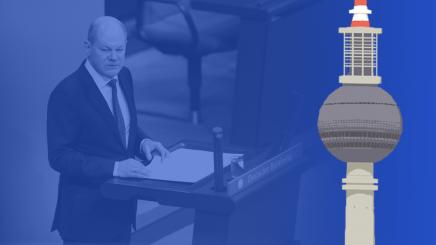The Underwhelming Scholz Government Meets an Untimely End
The break-up of Chancellor Olaf Scholz’ coalition government was expected, but is still taking place at an extremely critical time. Its successor will have to set clearer priorities—and find greater fiscal space.











